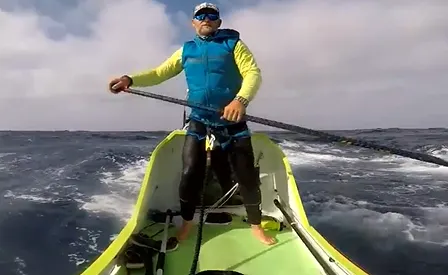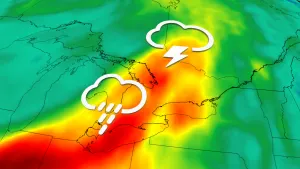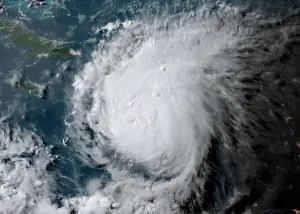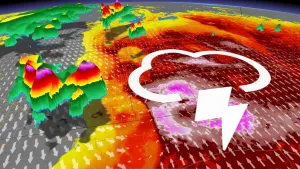
Epic paddleboat voyage in Pacific shines light on ocean plastic
Endurance athlete Antonio de la Rosa took 76 days to paddle his way from San Francisco to Oahu on his specially-designed, 1,500-pound paddleboard.
The 24-foot-long (7.3 metre-) board boasted solar panels, GPS, communication equipment and supplies for 90 days, but -- apart from a GoPro recording his adventures and posts to Facebook -- de la Rosa was alone on the 2,951-mile (4749 km) journey with only the waves for company.
Well, and the plastic.
"Today I came across a floating [rope] of impressive dimensions," de la Rosa posted in his July 21 update. "Approximately 40 meters in length and a thickness that was almost not covered with both hands, incredible."
"It is surprising how such a rig can float, absolutely plagued with small crabs and many crustaceans, a source of life that has found refuge in [stuff] made of plastic..."
Most of the debris de la Rosa reported seeing was related to fishing, either in large ropes like in the above post, or smaller fragments of nets. That is perhaps not surprising; many estimates suggest plastic from fishing gear makes up the largest share of marine macroplastics, with buoys alone accounting for more than 50 per cent of the total weight. The infamous 'Great Pacific Garbage Patch' is believed to be at least 46 per cent fishing nets.
"I keep watching every day some plastic packaging and remains of fishing nets," de la Rosa posted in his August 7 update. "There's no day that I don't locate some plastic floating."
de la Rosa told CNN one of his goals with the trip was to bring attention to the problem of plastic pollution in the ocean. Though he relied on plastic packaging for some of his supplies, which would have otherwise been destroyed by humidity before his journey was done, he didn't throw any "non-organic waste" overboard.
"We have to change things as soon as possible," said de la Rosa, with the hopes that "not a single non-organic waste [will return] to the ocean."
Sources: CNN | Nature | Nature Scientific Reports |









